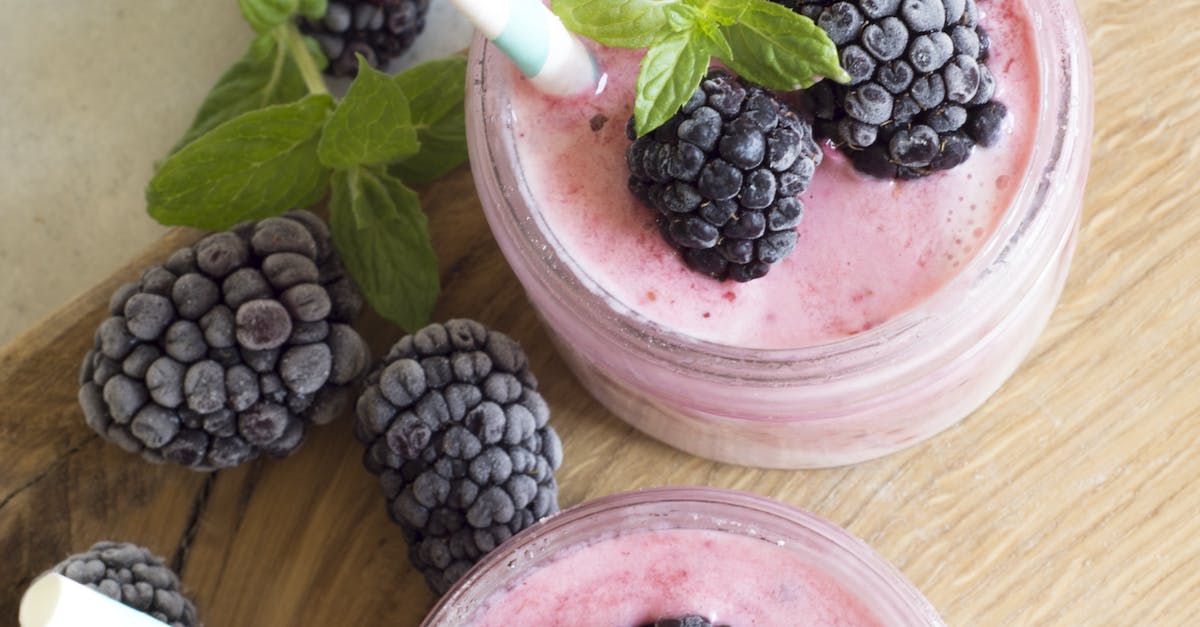
Written by: Alex Chen · Expert in Technology, Personal Finance, Travel
Published: February 4, 2024
We strive to provide well-researched, factual content. If you notice any errors, please contact us.

Having a garden is a wonderful way to provide fresh and healthy food for you and your family. However, it can be frustrating when the fruits and vegetables you've worked so hard to grow start to spoil before you can enjoy them. Don't worry, we've got you covered! In this article, we will share seven simple tricks to keep your food fresh for a successful garden.
When it comes to keeping your food fresh, timing is everything. It's important to harvest your fruits and vegetables at the right time. So how do you know when they're ready? Here are a few tips:
Watch for color changes. Different fruits and vegetables will change color when they are ripe. For example, avocados will turn a dark shade of green, while tomatoes will turn red.
Give them a gentle squeeze. Most ripe fruits and vegetables will have a slight give when you apply gentle pressure.
Trust your senses. Ripe fruits and vegetables often have a strong aroma.
Even after you've harvested your produce, proper storage is key to prolonging its freshness. Here's what you need to know:
Keep fruits and vegetables separate. Fruits naturally release ethylene gas, which can speed up the ripening process of nearby vegetables.
Store at the right temperature. Different fruits and vegetables have different temperature requirements. For example, leafy greens like lettuce and spinach prefer cooler temperatures, while tomatoes and peppers prefer slightly warmer temperatures.
Use breathable containers. Some fruits and vegetables, like apples and potatoes, emit gas and moisture. Using breathable containers, such as mesh bags or perforated plastic bags, allows proper airflow and prevents moisture buildup.
Another trick to keep your food fresh is to preserve it using water. This method works well for leafy greens and herbs. Here's how:
Fill a bowl or container with water.
Place the cut ends of your leafy greens or herbs in the water, similar to how you would arrange flowers in a vase.
Place a plastic bag or cover over the top to create a humid environment.
Fermentation is an age-old preservation method that can extend the shelf life of your food. Here's a simple way to get started:
Choose your vegetables and chop them into small pieces.
Place the vegetables in a sterilized jar and add a brine made of water and salt.
Cover the jar with a clean cloth or fermentation lid to allow gas to escape.
Leave the jar at room temperature for a few days to allow the fermentation process to occur.
Dehydrating your fruits and vegetables is another great way to preserve them. Here's how:
Slice your produce into thin, even pieces.
Arrange the slices on a baking sheet lined with parchment paper.
Place the baking sheet in an oven set to a low temperature, around 140°F (60°C).
Leave the oven door slightly ajar to allow moisture to escape.
Let the slices dry out for several hours or until they are crisp.
Canning is a popular preservation method that allows you to enjoy your garden produce all year round. Here's what you need to do:
Choose your produce and prepare it by washing and cutting.
Place the produce in sterilized canning jars.
Add a preserving liquid, such as vinegar or syrup, to the jars.
Close the jars with sterilized lids and process them in a water bath or pressure canner.
Freezing is one of the simplest ways to preserve your garden produce. Here's how to do it:
Prepare your produce by washing and cutting.
Blanch the produce in boiling water for a short time.
Quickly cool the produce by placing it in an ice bath.
Drain the produce and place it in freezer-safe containers or bags.
Label the containers with the date and contents before placing them in the freezer.
By implementing these seven tricks to keep your food fresh, you'll be able to enjoy the fruits of your labor for months to come. Harvesting at the right time, storing properly, and using preservation methods like fermentation, dehydration, canning, and freezing will ensure that your garden produce stays fresh and delicious. So go ahead, get your hands dirty, and create a successful garden that provides fresh food for you and your loved ones!

Written by: Alex Chen · Expert in Technology, Personal Finance, Travel
Published: February 4, 2024
We strive to provide well-researched, factual content. If you notice any errors, please contact us.